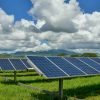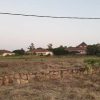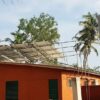PV grants for farmers and small businesses in Namibia

The Green People’s Energy (GBE) used the results-based financing (RBF) approach to support 44 rural businesses and farmers in Namibia to acquire decentralized renewable energy systems for productive use. This performance-based approach enables the solar installation companies to improve the profitability of their businesses, while simultaneously improving the economic and environmental sustainability of rural businesses.
Under the RBF programme of the Green People´s Energy Namibia (GPE), farmers and small and medium-sized enterprises (SMEs) in rural areas receive a subsidy of 30 to 50 percent if they purchase, for example, a PV solar system or a solar water pump from selected solar installation companies. The programme showed that farmers are open for buying solar products if they get subsidies.
One of the supported enterprises is the rural bakery Tjizu Enterprise in the village of Orozonungu in the Omusati region. GPE provided a 50 per cent grant for the installation of a solar PV system to run bakery equipment and machinery. Tjizu Enterprise purchased an 18 kWp PV system with a 12kW three-phase inverter and 23kWh lithium-ion battery storage. With the help of solar energy, Tjizu Enterprise bakes about 20 loaves of bread every day. The company sells its baked goods to households in the village and rural supermarkets. In addition, there is a great opportunity in the future to supply nearby schools in the region.
The bakery is one of 44 small and medium-sized enterprises that have benefited from GPE’s RBF programme. “22 of these farms are run by women,” says Johannes Andreas of GPE Namibia. The aim of the approach is to promote the productive use of renewable energies such as solar-powered pumps, to enable higher incomes. An added bonus: most of the 44 actors replaced old diesel generators with their new PV system.
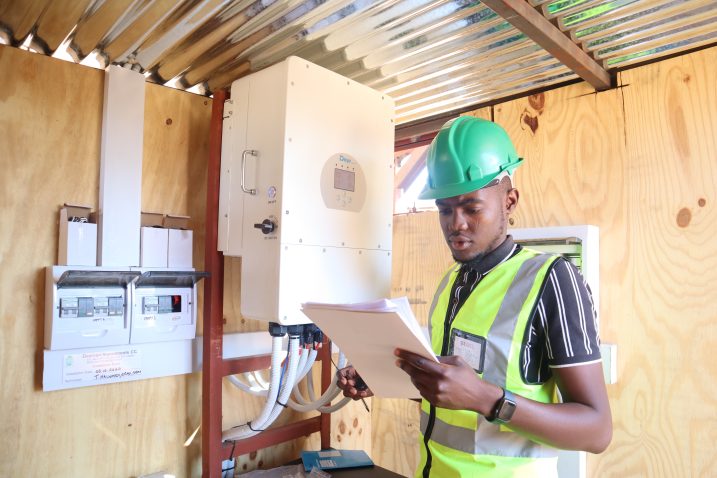
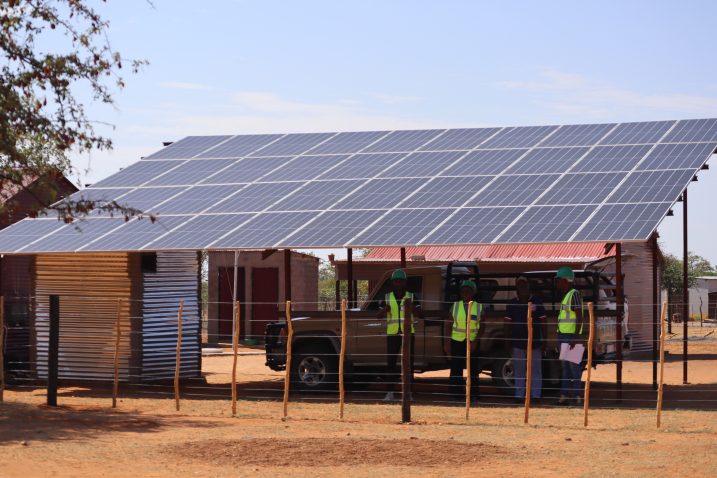
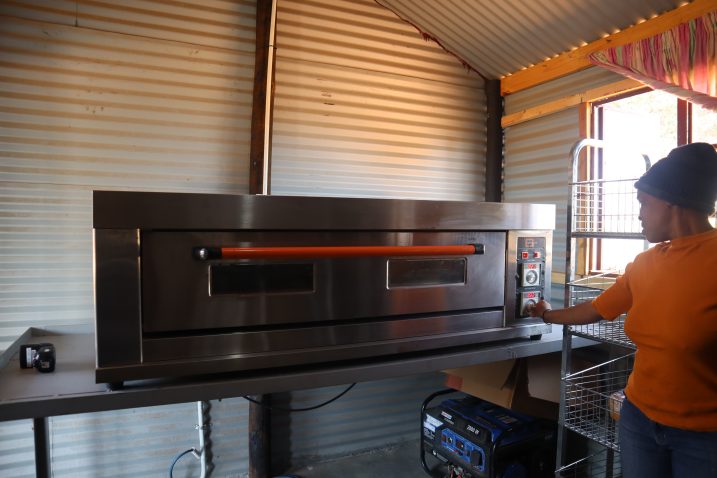
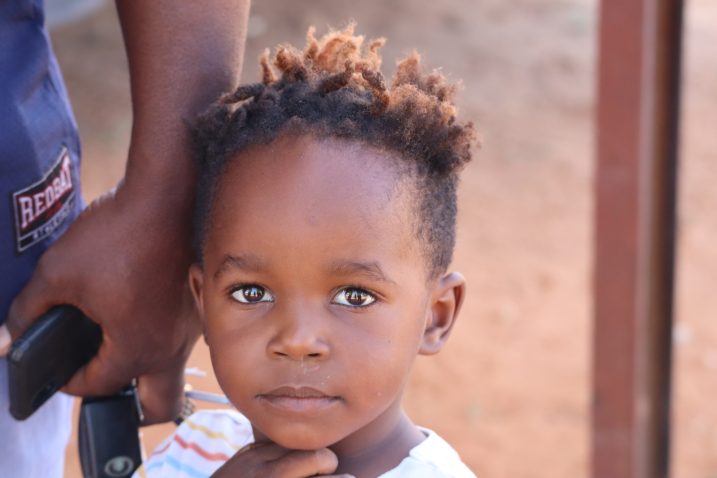
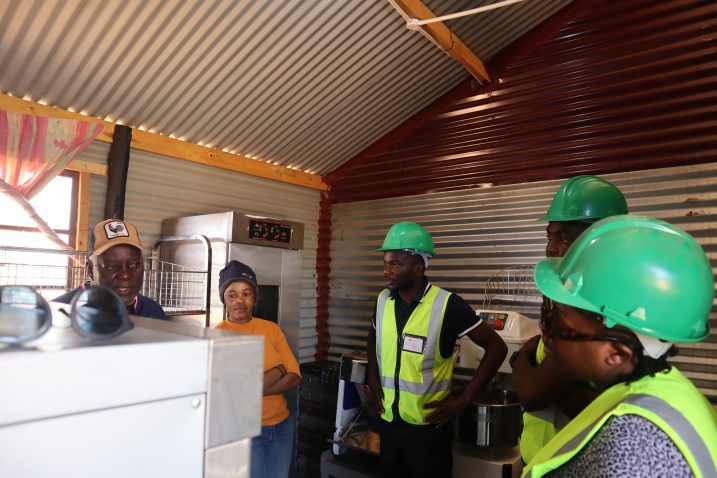
GPE disbursed the 50 percent subsidy contribution directly to selected solar installation companies after the proper verification of the installation on site. “The RBF programme has shown that farmers and agribusinesses are willing to apply solar products as long as they receive financial purchase incentives,” Johannes Andreas sums up.
The Ministry of Mines and Energy, for example, has launched a Solar Revolving Fund (SRF) programme. However, only a few farmers apply to the fund. This is because most of these farms are not officially registered as businesses nor do they pay slips, which are required to apply for SRF loans.
Overall, the RBF approach has enabled GPE to promote the use of renewable energy for productive purposes, replacing more carbon-intensive energy sources and helping farmers and small businesses to increase their income.
